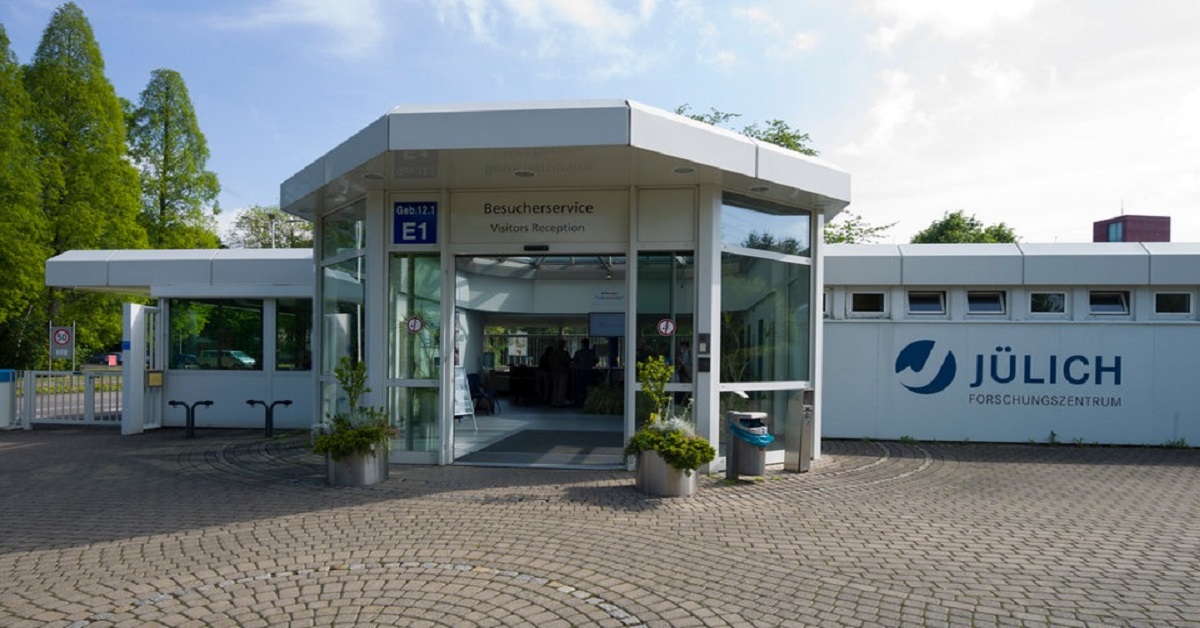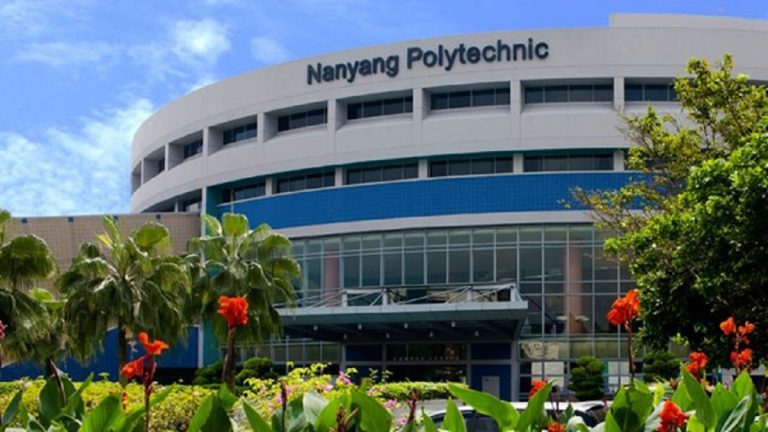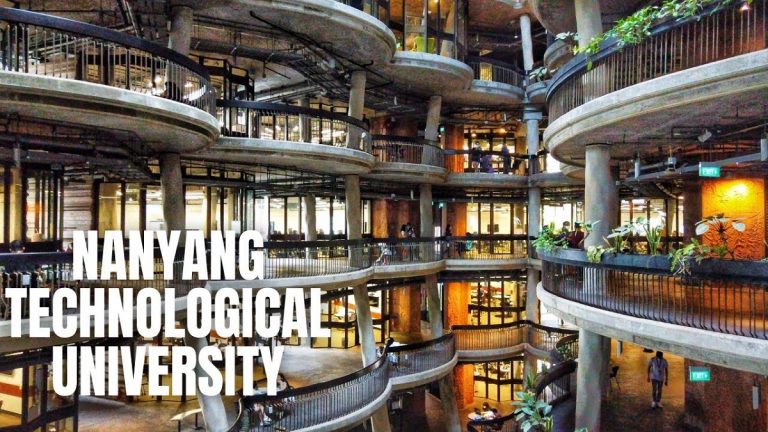
A conversion of the fossil fuels-based energy production to renewable resources is an ultimate goal to minimize emission of greenhouse gases. Since renewable energy sources such as wind and solar energy are usually not continuously available, to realize the energy transition, novel concepts for large-scale energy storage have to be developed.
At IEK-14, we are researching hydrogen-based energy storage relying on the conversion of electrical and chemical energy via electrolysis and fuel cells. Our focus is on the investigation of polymer electrolyte membrane fuel cells (PEMFCs), which use organic membranes as proton-conducting electrolytes. In order to increase the efficiency of this technology and thus permit its widespread use, especially in the mobility sector, the aim is to raise the operating temperature from the current 60-80 °C to more than 120 °C. This will require the development of new electrolytes with high stability and efficiency.
Content
In this master thesis, proton conducting ionic liquids will be simulated as electrolyte material to gain a molecular level understanding of electrochemical processes at the interface between the electrolyte and platinum electrodes. Since ionic liquids, in contrast to aqueous solutions, consist exclusively of charged molecules, a compact interfacial structure of alternating anion and cation layers is formed, which depends on the applied voltage as well as the residual water content of the electrolyte. Experimentally, the interface has already been analyzed at IEK-14 institute by infrared and Raman spectroscopy in combination with atomic force microscopy. In order to develop physicochemical models from these experimental data, the behavior of the ionic liquids will be simulated on large supercomputing facilities available at Forschungszentrum Jülich, using ab initio methods in collaboration with IEK-13. This includes the calculation of the ionic and electronic structure, the molecular vibrations and the infrared and Raman spectra of the anion and cation species as parts of the ionic liquid. The calculations will be performed by means of density functional theory (DFT) and molecular dynamics simulations. These simulations will aim at understanding the influence of the addition of water on the structure of the ionic liquid and the interaction of ionic liquid electrolyte with platinum surfaces of different electrical polarization.
Task description
- Molecular dynamics simulations of electrolytes using the program LAMMPS
- Ab initio simulations of molecules by density functional theory (DFT) implemented in the program Quantum-espresso
- Comparison of simulated and experimental data
- Development of physicochemical models
- Presentation of results
Requirements
- High motivation and scientific curiosity and passion.
- Basic knowledge of quantum mechanics and computer-based simulations
- Interest in atomistic simulations and High Performance Computing
- Independent and analytical working style
Our offer
- A master project executed in an interdisciplinary and international research environment as a collaboration between two institutes (IEK-13 & IEK-14)
- Mentoring and advice on usage of supercomputers and simulation packages.
- A versatile, highly motivated working group of international character within one of the largest research centers in Europe
- An excellent scientific and technical infrastructure including large high-performance computers (JURECA, CLAIX).
- Intensive support for work in home office and, depending on the general conditions, also on site.
We are looking forward for your application on this exciting project!
Contact
Dr. Christian Rodenbücher (IEK-14)
Phone: +49 2461 61-6142
E-Mail: [email protected]
http://www.fz-juelich.de/iek/iek-14/EN
Dr. Piotr Kowalski (IEK-13)
Phone: +49 2461 61-85928
http://www.fz-juelich.de/iek/iek-13/EN
Institute of Energy and Climate Research:
Electrochemical Process Engineering (IEK-14)
Theory and Computation of Energy Materials (IEK-13)
Forschungszentrum Jülich GmbH


